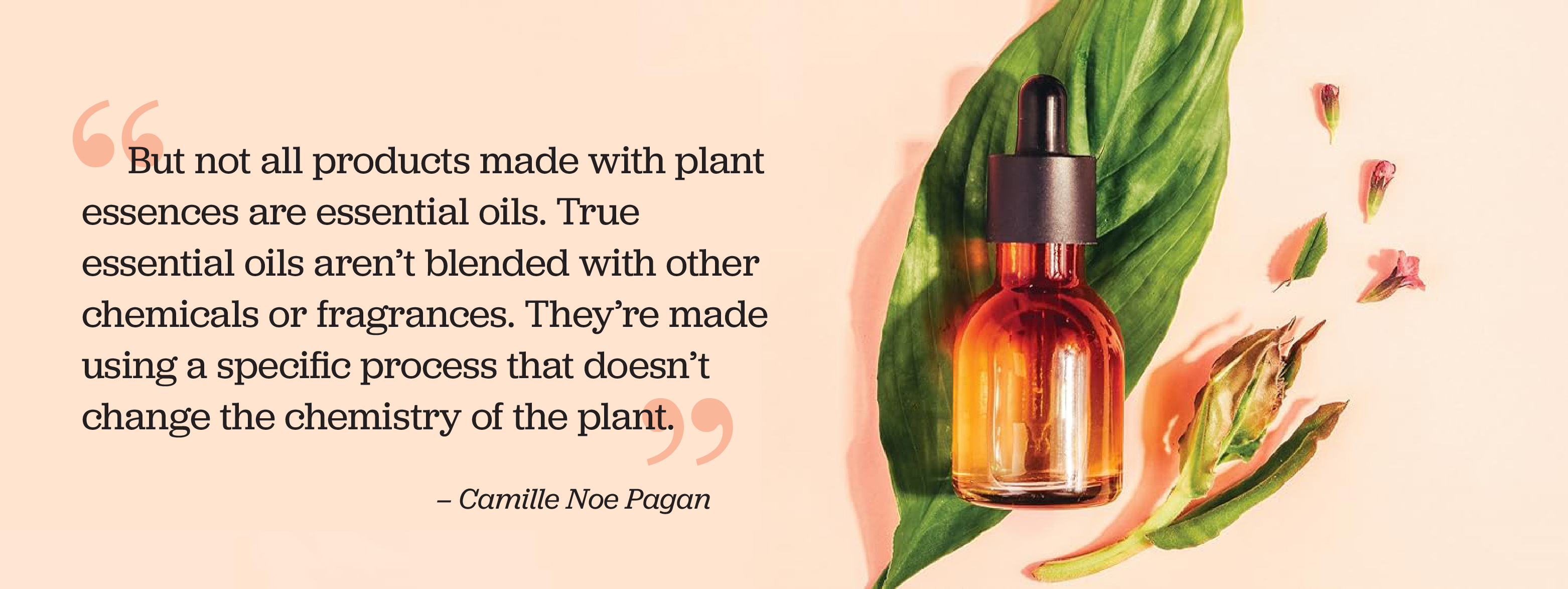People have long known about the remarkable power of scent – from evoking memories, to alerting us to danger – to even influencing how we feel. Our earliest childhood memories are often wrapped up in the scents that surrounded us. And what early riser doesn’t feel better the moment they smell hot coffee?
But certain scents, especially those derived from plants, are known to have real benefits. These scents are the basis of a holistic therapy called aromatherapy.
What is aromatherapy?
Aromatherapy is based on enjoying the healing benefits of essential oils, which are made from the bark, roots, peels and petals of flowers, herbs and trees. The best essences are steam-extracted, or pressed from plant materials into highly-concentrated essential oils.

Different essential oils offer different benefits. For example, lavender helps calm us so we can sleep. Mint stimulates us, helping us focus and wake up. And it isn’t just wishful thinking. Medical research seems to bear out these effects. So much so that even the Mayo Clinic says:
Clinical aromatherapy is an alternative medicine therapy that can be beneficial in the inpatient or outpatient setting for symptom management for pain, nausea, general well-being, anxiety, depression, stress, and insomnia.
There are many ways to use aromatherapy at home. You can breathe it in from a diffuser, apply it with a carrier oil to your skin or bath, or add it to objects like sachets. But one of the most interesting ways to use essential oils is through steam inhalation, like with a shower steamer.
Steam inhalation offers a warm burst of essential oils, that are immediately absorbed through your lungs. The traditional healing benefits of steam inhalation have been known for thousands of years and practiced in many cultures.
But not all scents are the same. Many shower steamers, especially those made abroad, are made with synthetic fragrances, which don’t offer the same benefits and may even be harmful when inhaled. Just because something smells good, doesn’t mean it necessarily is good for you.
How can you tell if that good smell comes from essential oils or synthetic fragrance?
Ignore the marketing hype on the packaging and just read the list of ingredients.
The FDA requires that any synthetic (chemically-derived) fragrance be listed in the ingredients as “Fragrance.” If you see Fragrance in the list of ingredients, steer clear and instead find a product that only uses true essential oils.



